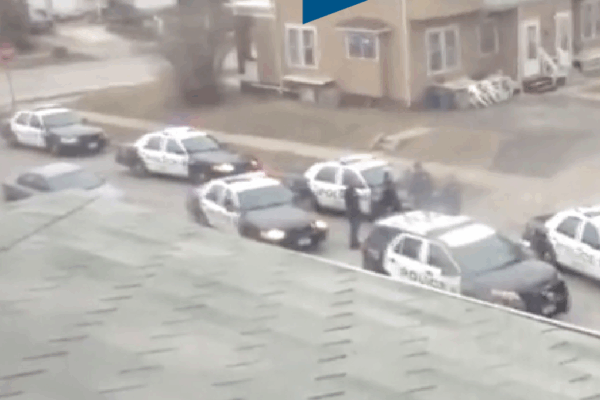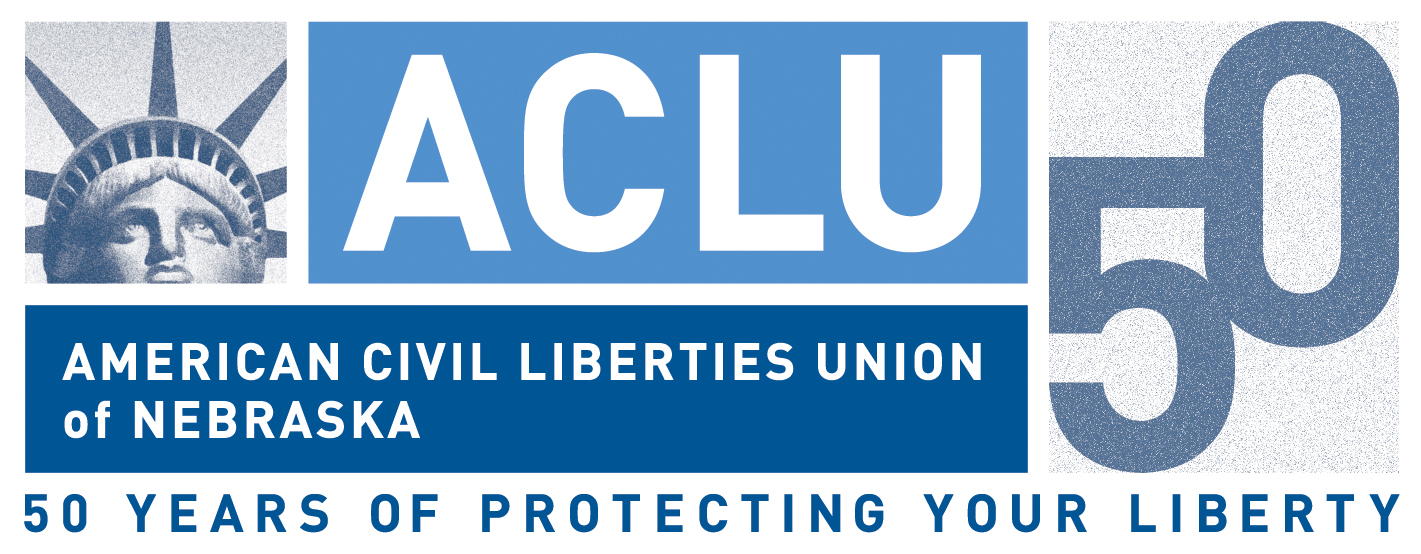32 officers stormed the home of an Omaha family. Their property was destroyed and they suffered physical injuries - all because of a license plate infraction. A story like this might have gone without a response, but thankfully a neighbor witnessed the incident and turned on a camera.
As we approach the anniversary of the Johnsons family and the ACLU - who filed a suit against the city of Omaha for excessive force and warrantless search and seizure - we look back at how powerful a video can be.
In March of 2013, the Johnson brothers wanted to know more about why police were towing one of the family’s cars. This led to one brother, Octavius, being placed in a chokehold and then thrown to the ground and beaten. His two brothers, Juaquez and Demetrius, filmed the incident from in front of their home. More officers were called to the scene resulting in them chasing Juaquez into the home and knocking their aunt out of her wheelchair. Their phones were confiscated and destroyed by the police.
The video from the neighbor was then uploaded and circulated through media outlets everywhere. Because of that video, the public became involved and demanded answers. Video is the evidence that put this case out there; video has power.
In January 2014, the ACLU filed a lawsuit on behalf of the Johnson family. Since then, the ACLU has advocated for increased accountability and oversight, including the use of body-worn cameras by all officers. As other policies are developed, the public needs more tools for oversight now.
The ACLU’s Mobile Justice app is a powerful tool to empower citizens and to keep law enforcement accountable. This free app for mobile devices allows users to record and automatically submit videos of interactions with law enforcement to their local ACLU, safeguarding evidence from possible destruction to document the truth about individual police encounters.
After filming with the Mobile Justice App, the video is immediately uploaded and shared with the ACLU – when using this app to film law enforcement you won’t need to worry about your phone being destroyed or confiscated.
The ACLU has come to understand the terrible reality that, without mechanisms for the immediate and indisputable tracking of law enforcement conduct, the most vulnerable among us will continue to suffer unconstitutional, inhumane and even fatal mistreatment at the hands of certain public officials.
When recording police, remember three rules to keep yourself out of danger.
- Be cautious when getting out your cell phone so police don’t mistake your movement for reaching for a weapon.
- Be an eyewitness, but do not interfere with police actions.
- If the police tell you to back up a reasonable amount, do so and remember you can zoom with your camera.
While having video footage of a police encounter doesn’t necessarily change the outcome, it can help clarify disputed facts. Even if there is police body camera footage, footage shot by eyewitnesses shows a different perspective. And publicly shot video submitted to the ACLU endures even if police body cams don’t capture an incident, or if police video is erased.
The Mobile Justice app puts critical evidence directly in the hands of an individual and the ACLU, providing an independent check on the power of government officials.
2016 is the 50th anniversary of the ACLU of Nebraska. We will feature several memories from our five decades of defending freedom in the Cornhusker state here. Do you have a favorite memory? Share it with us!



